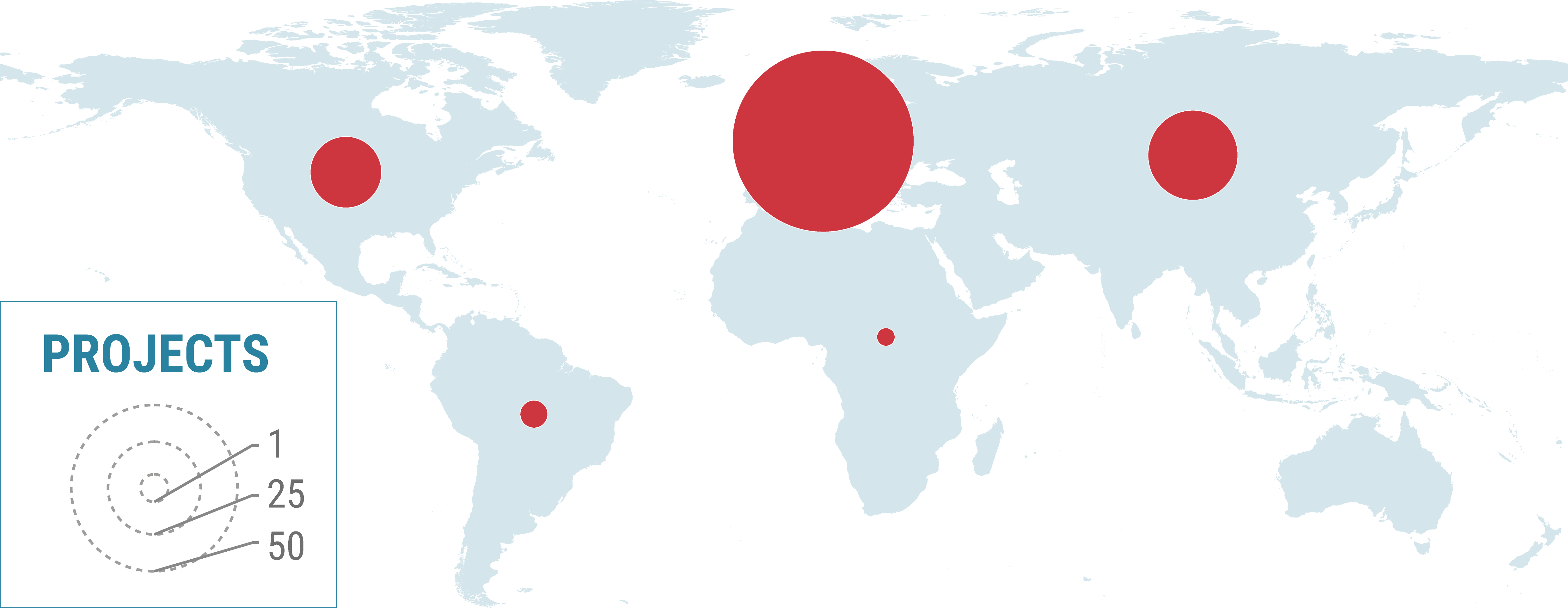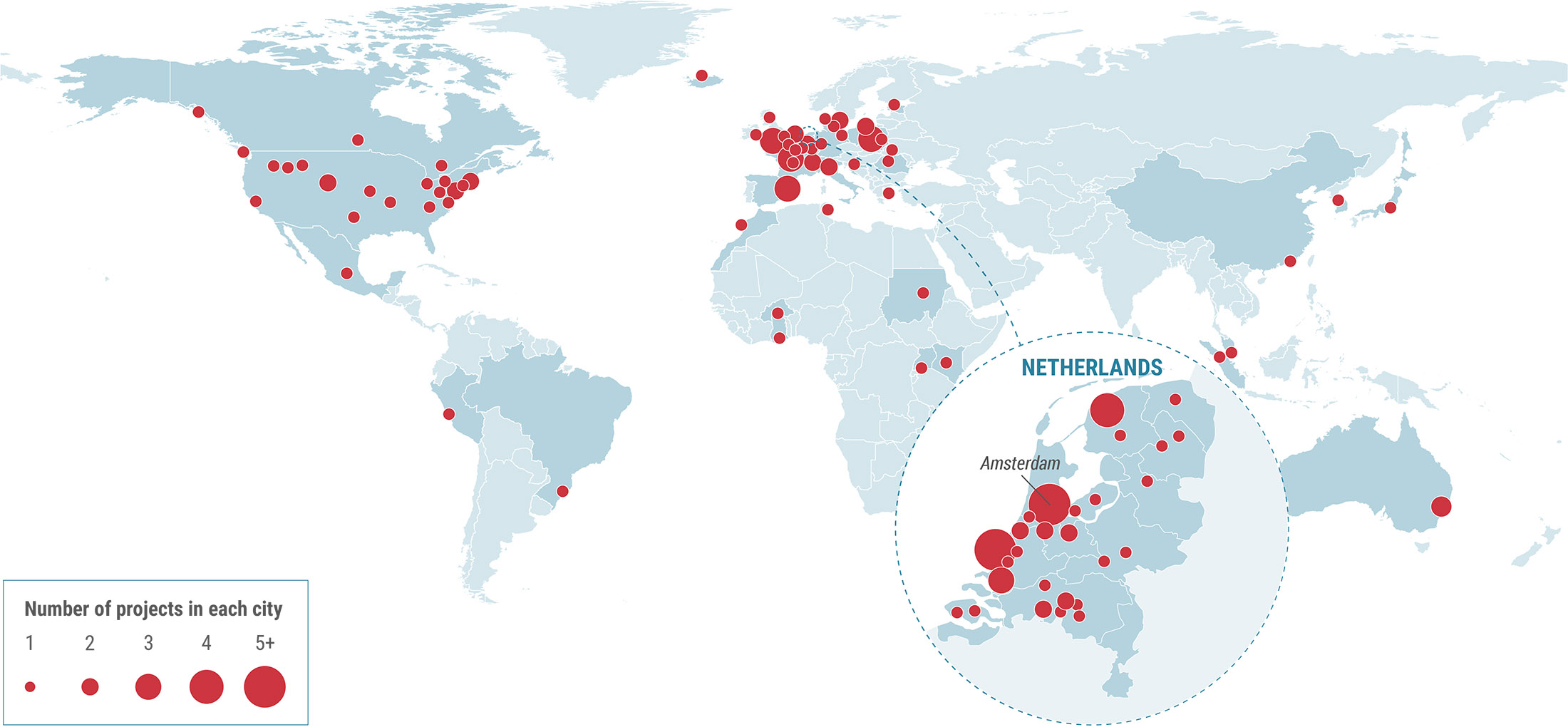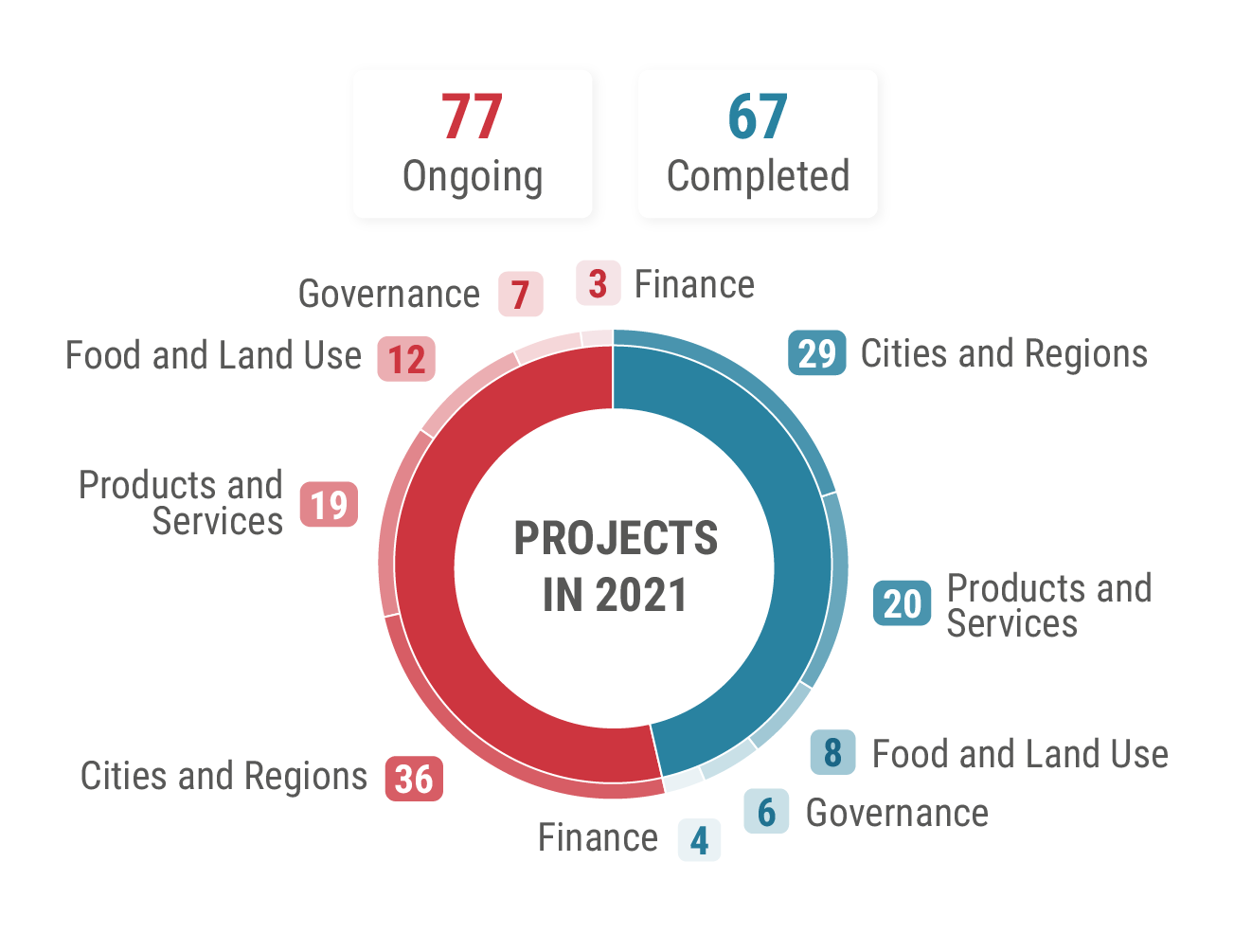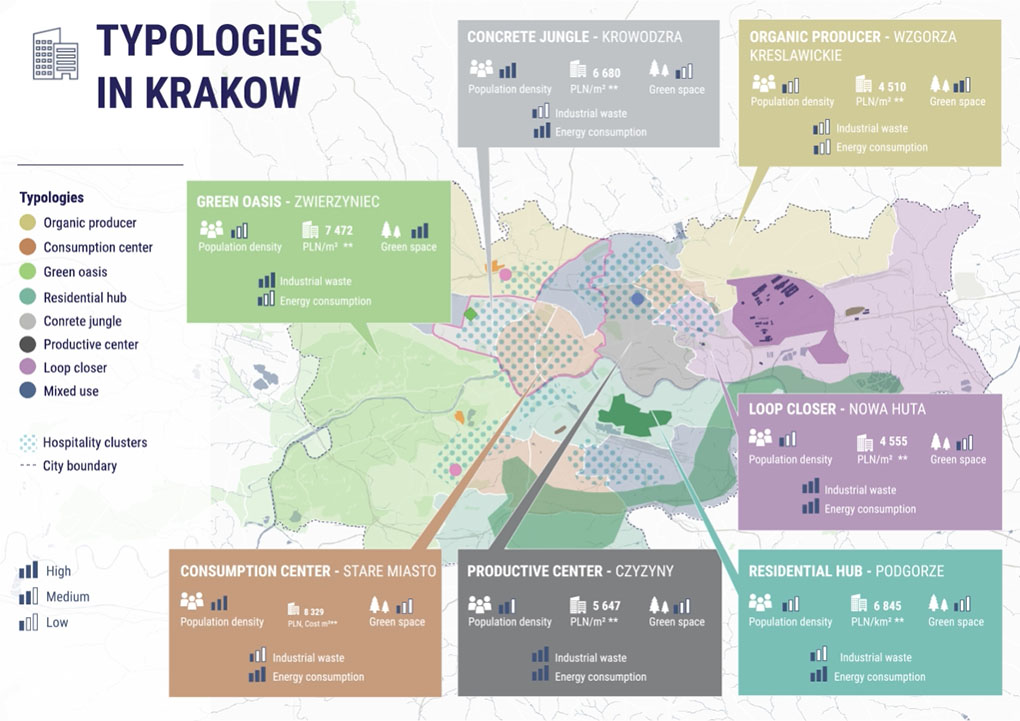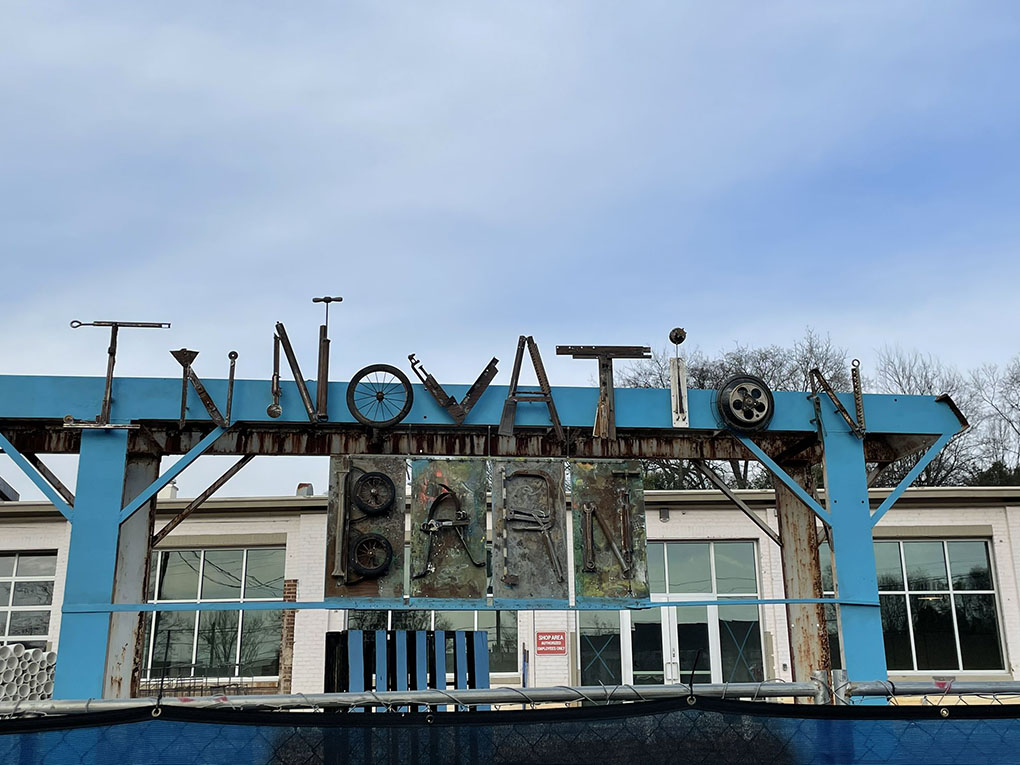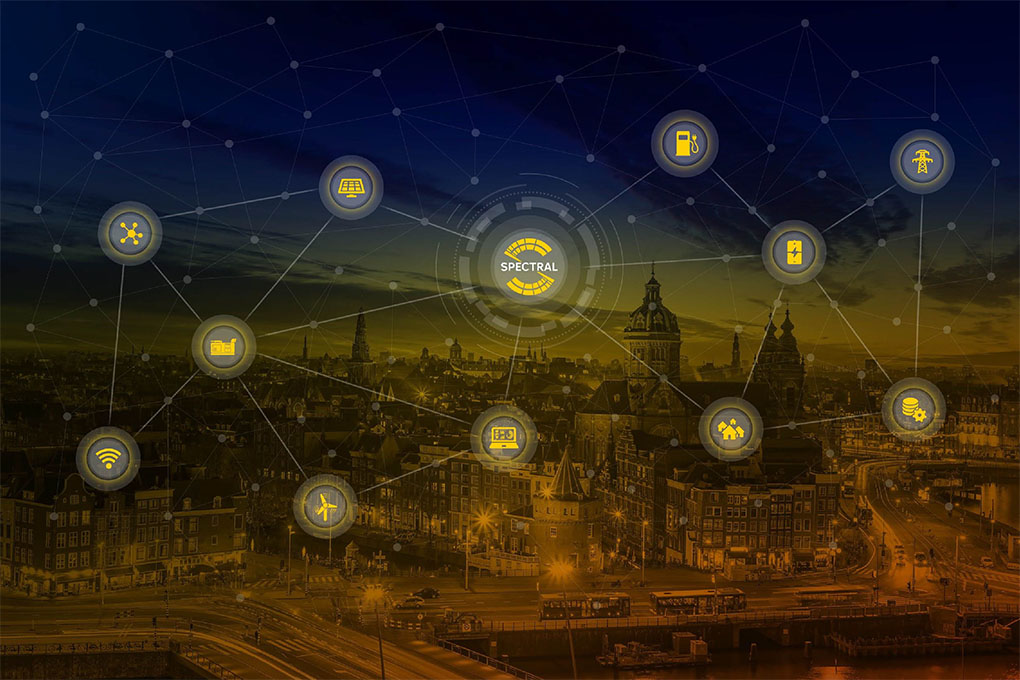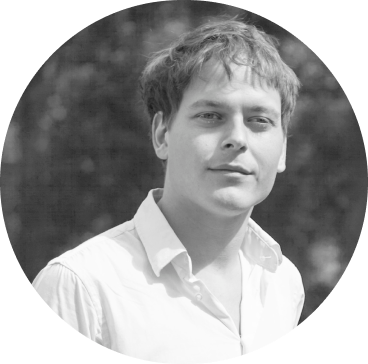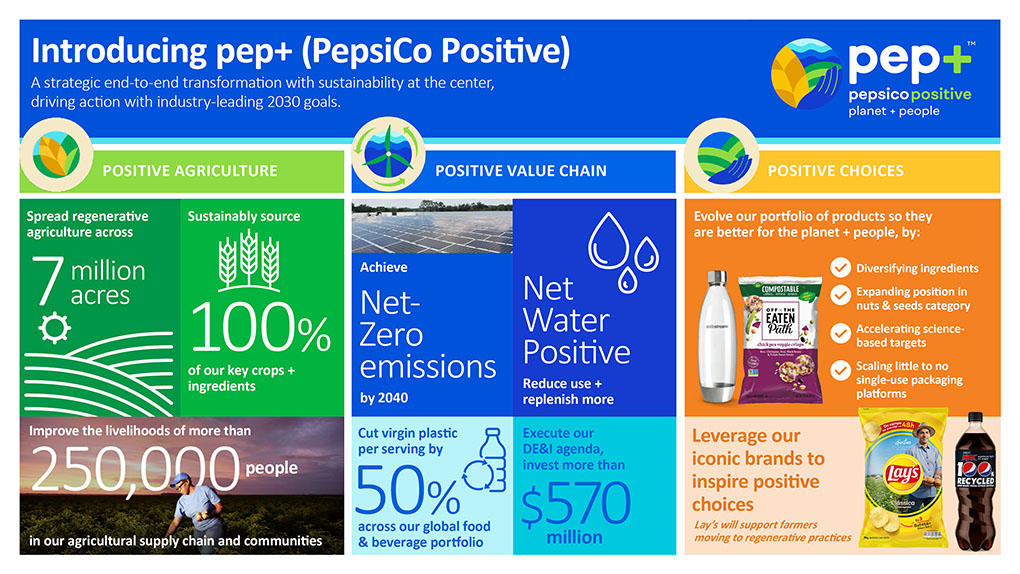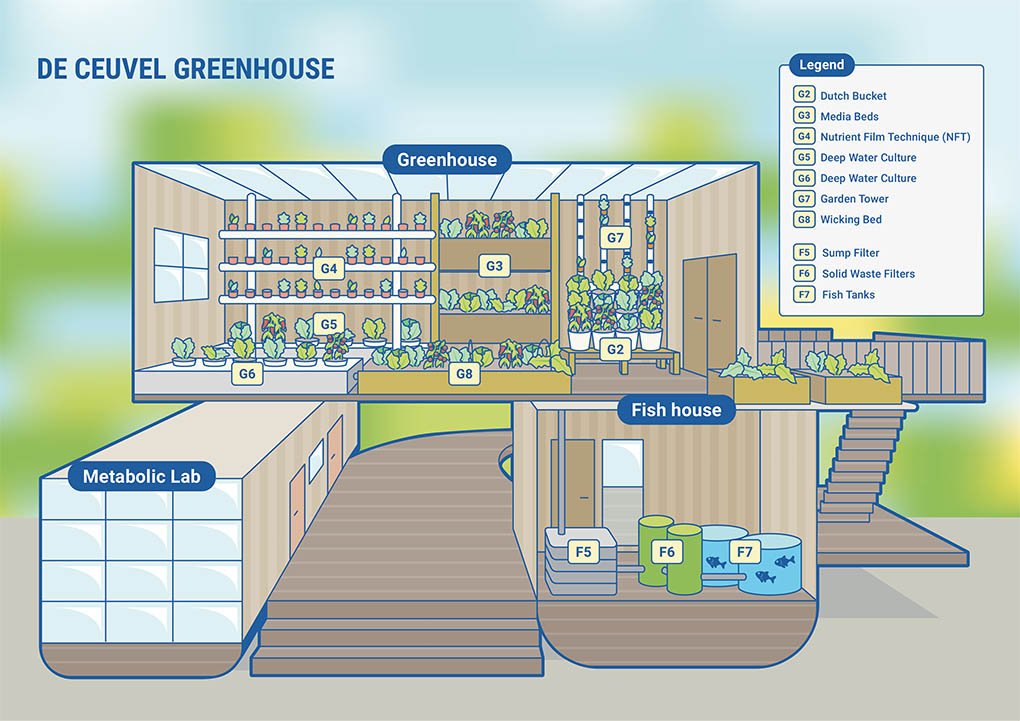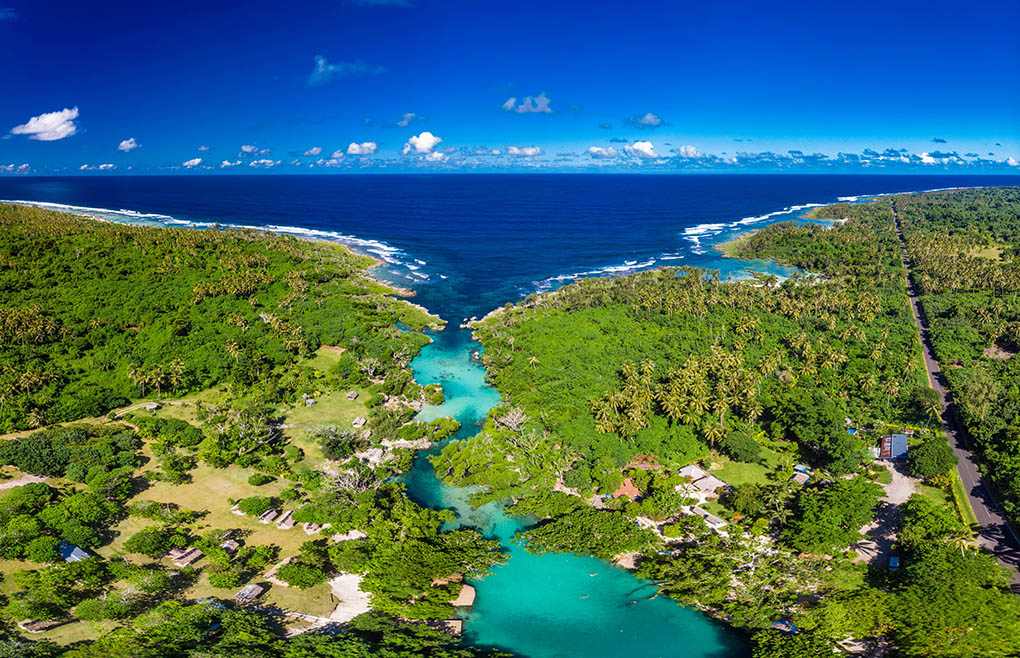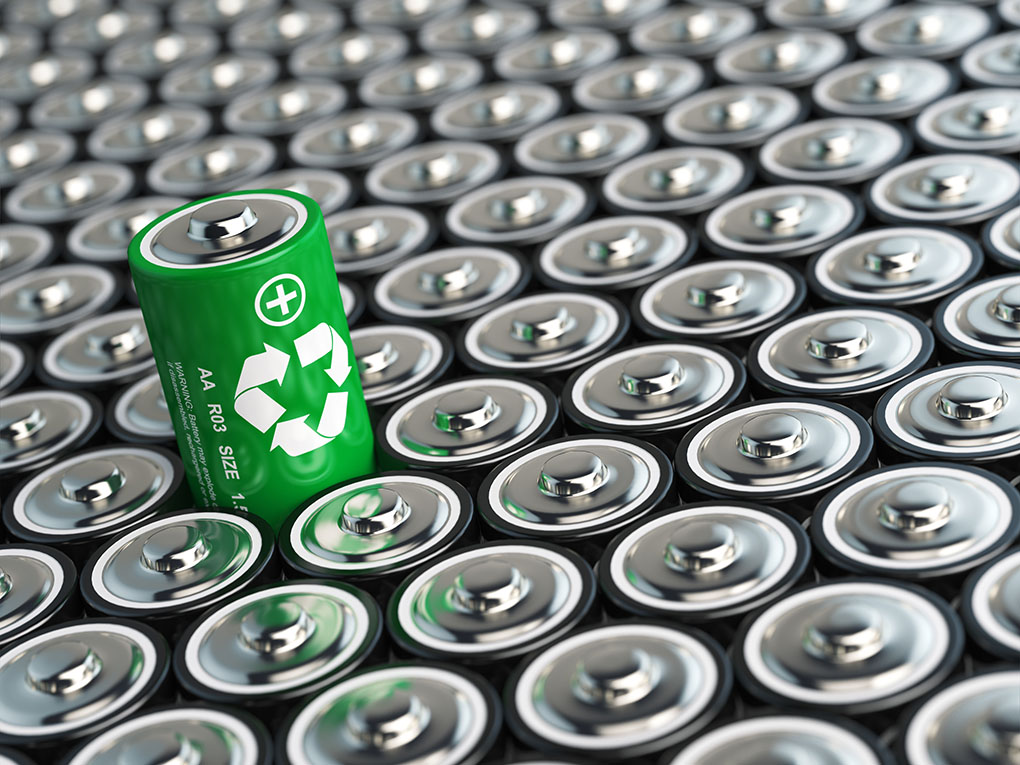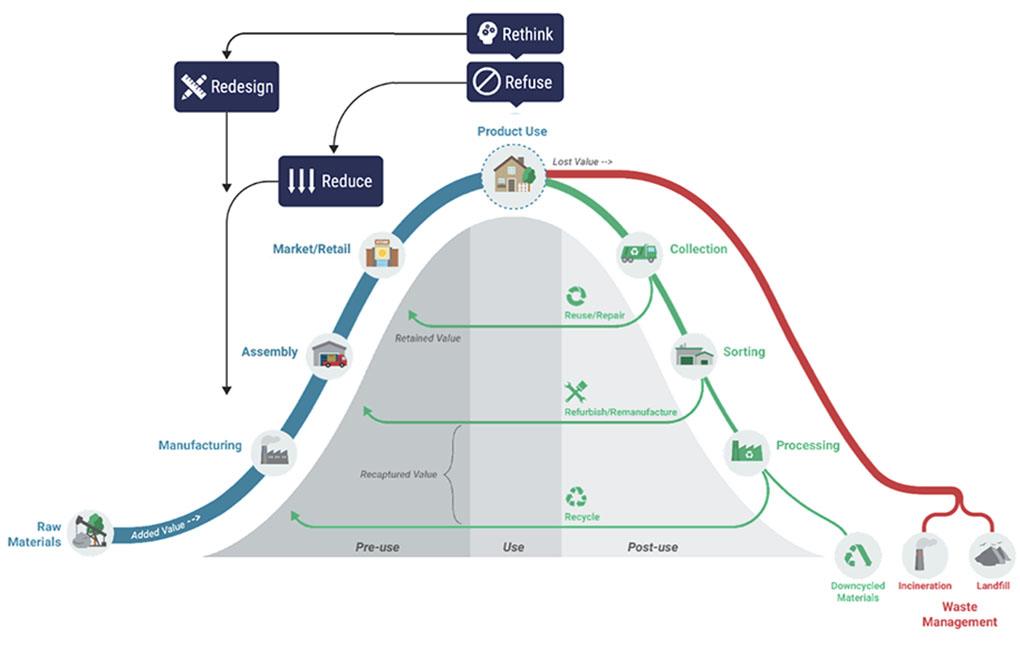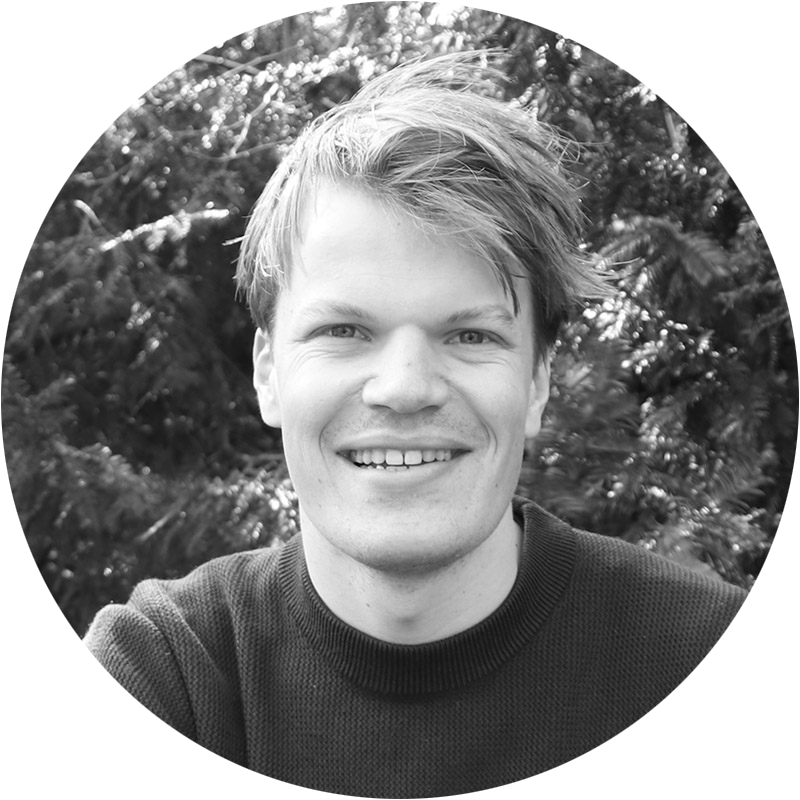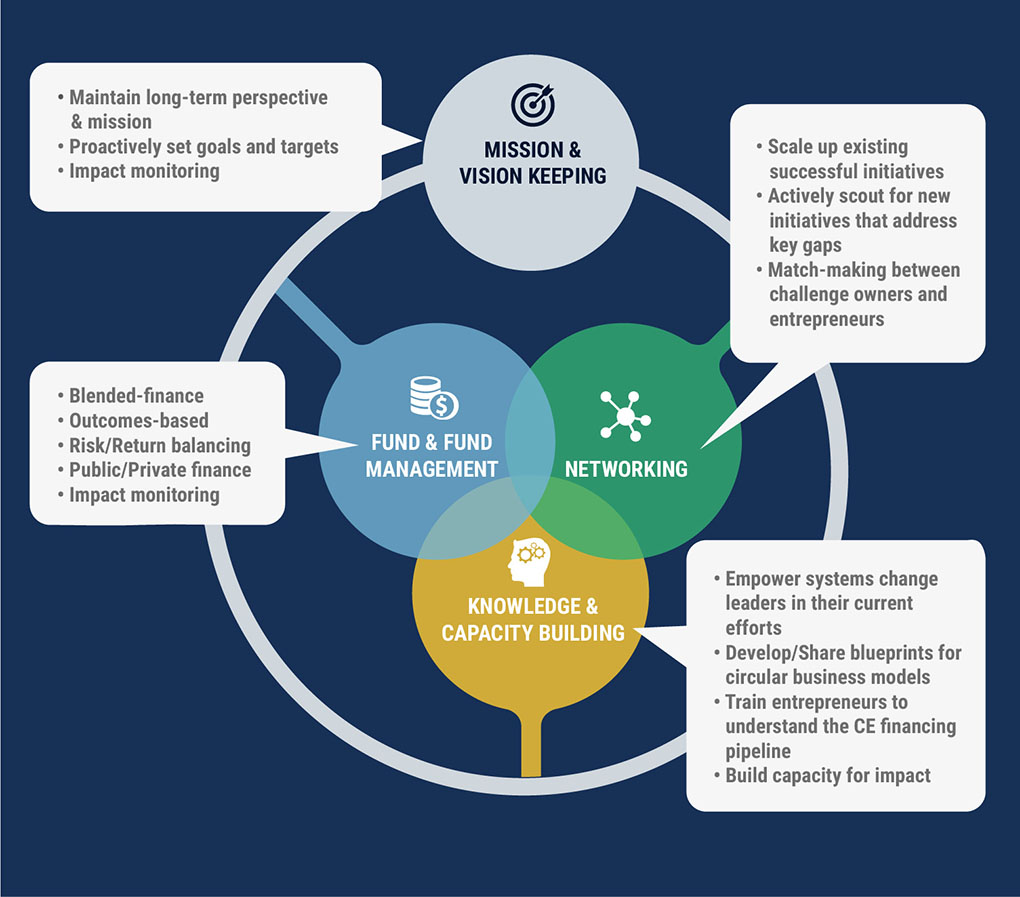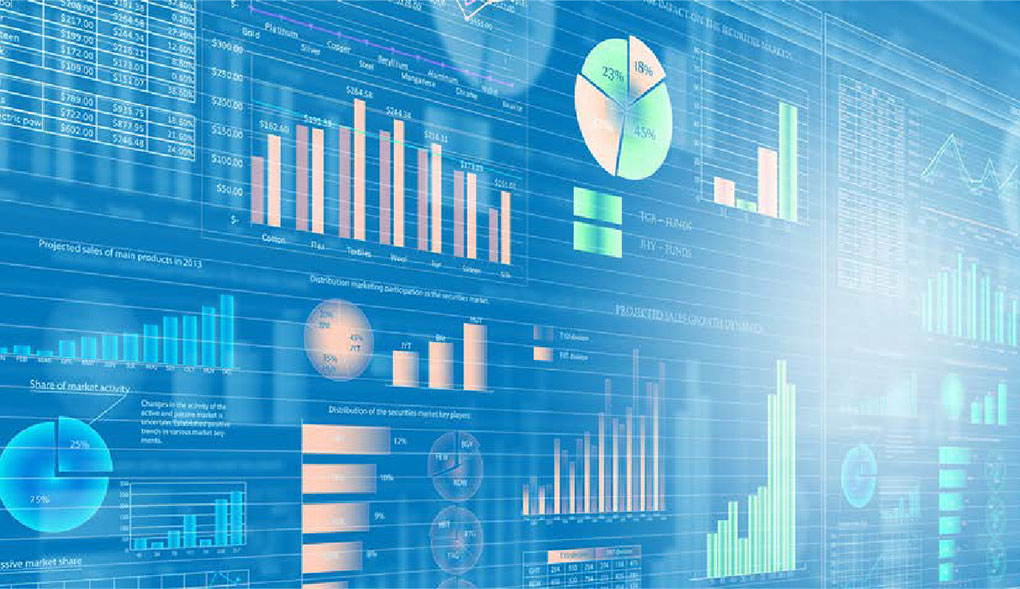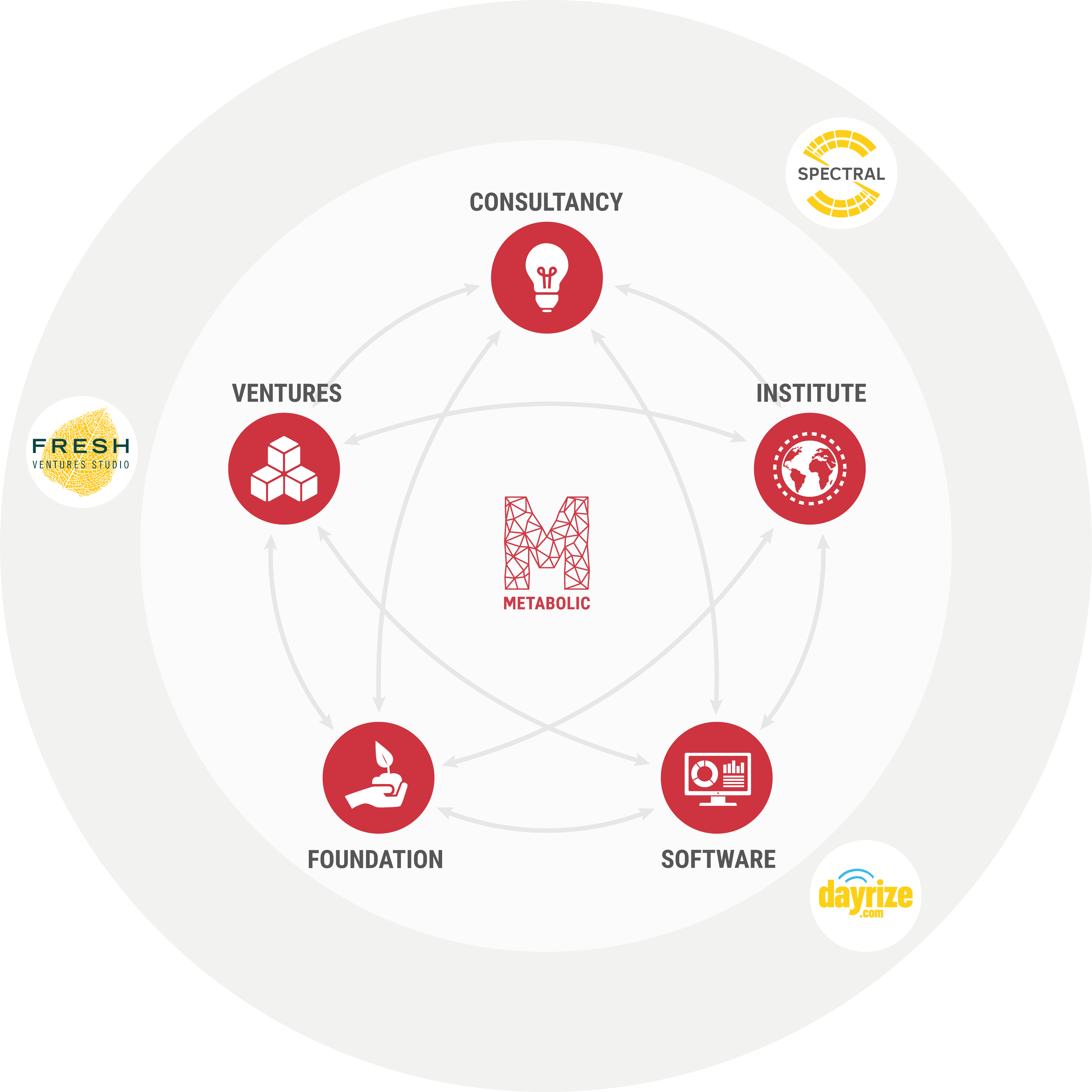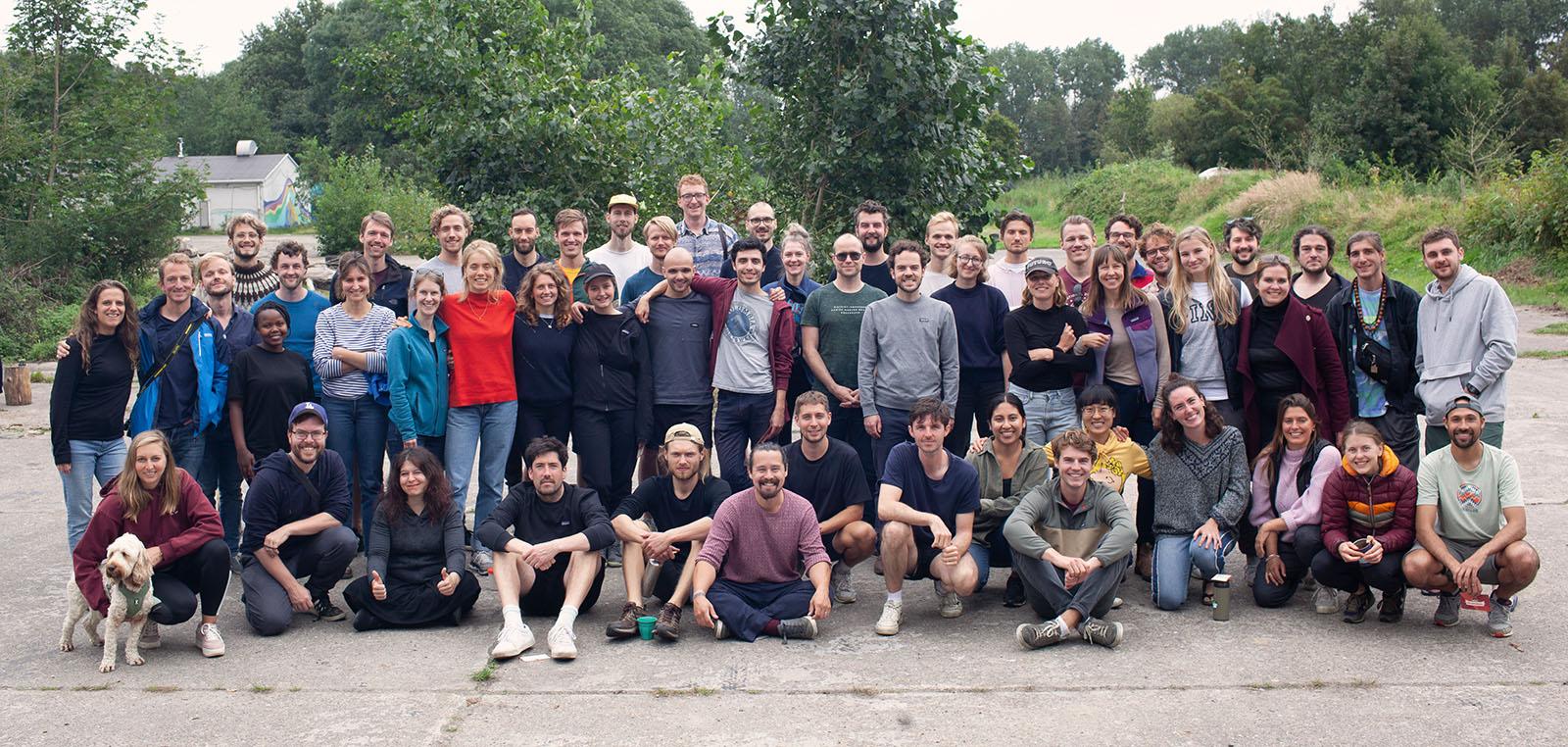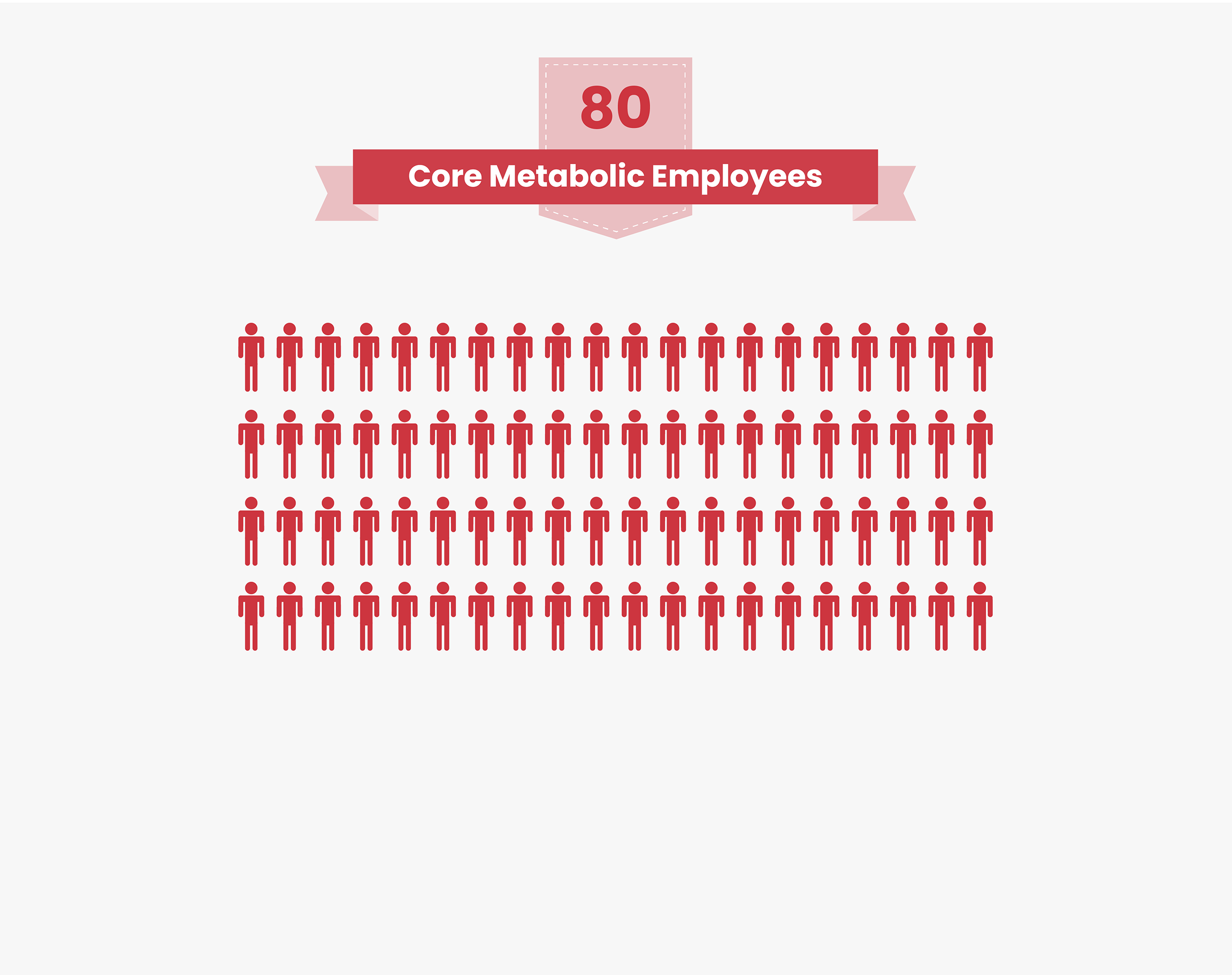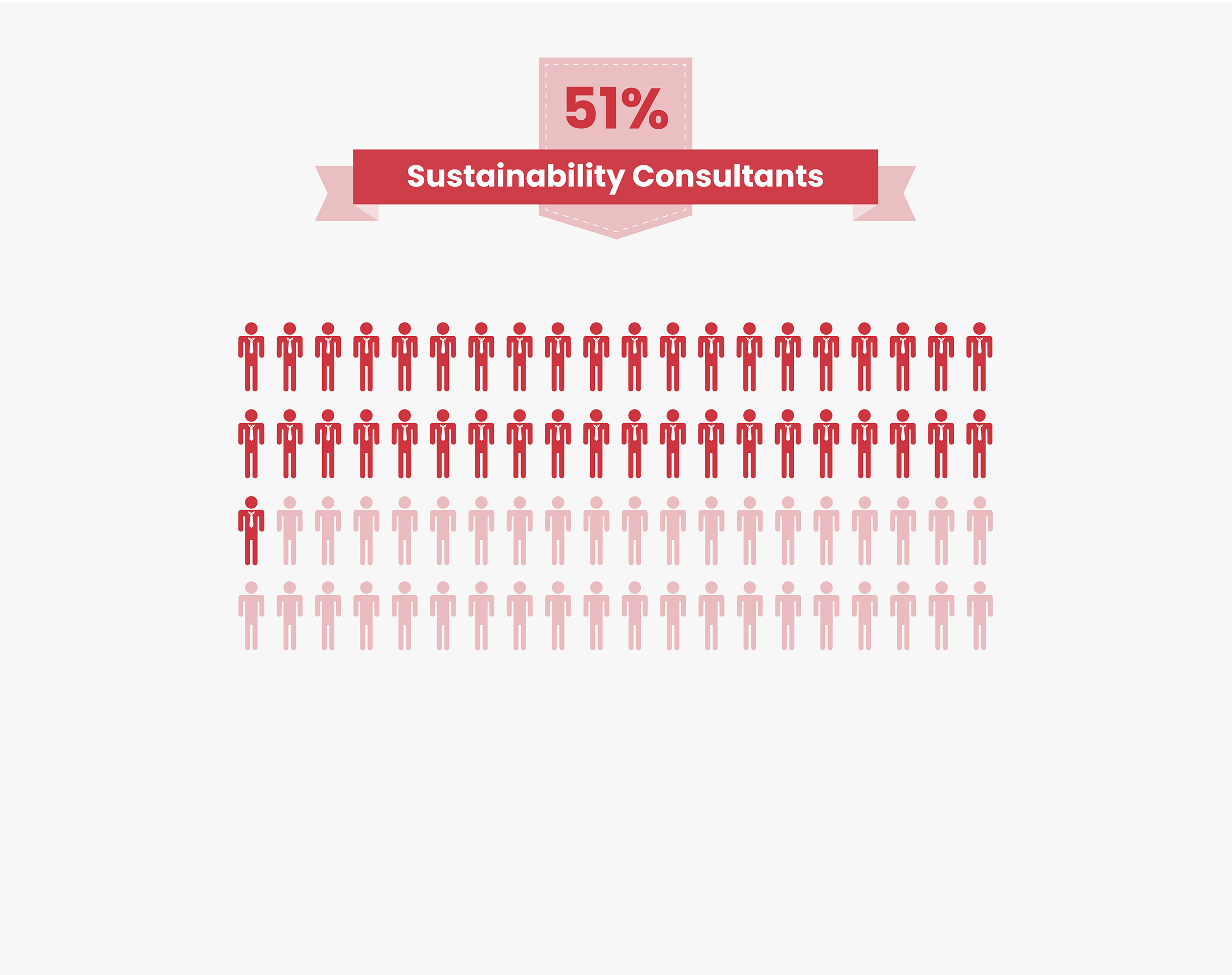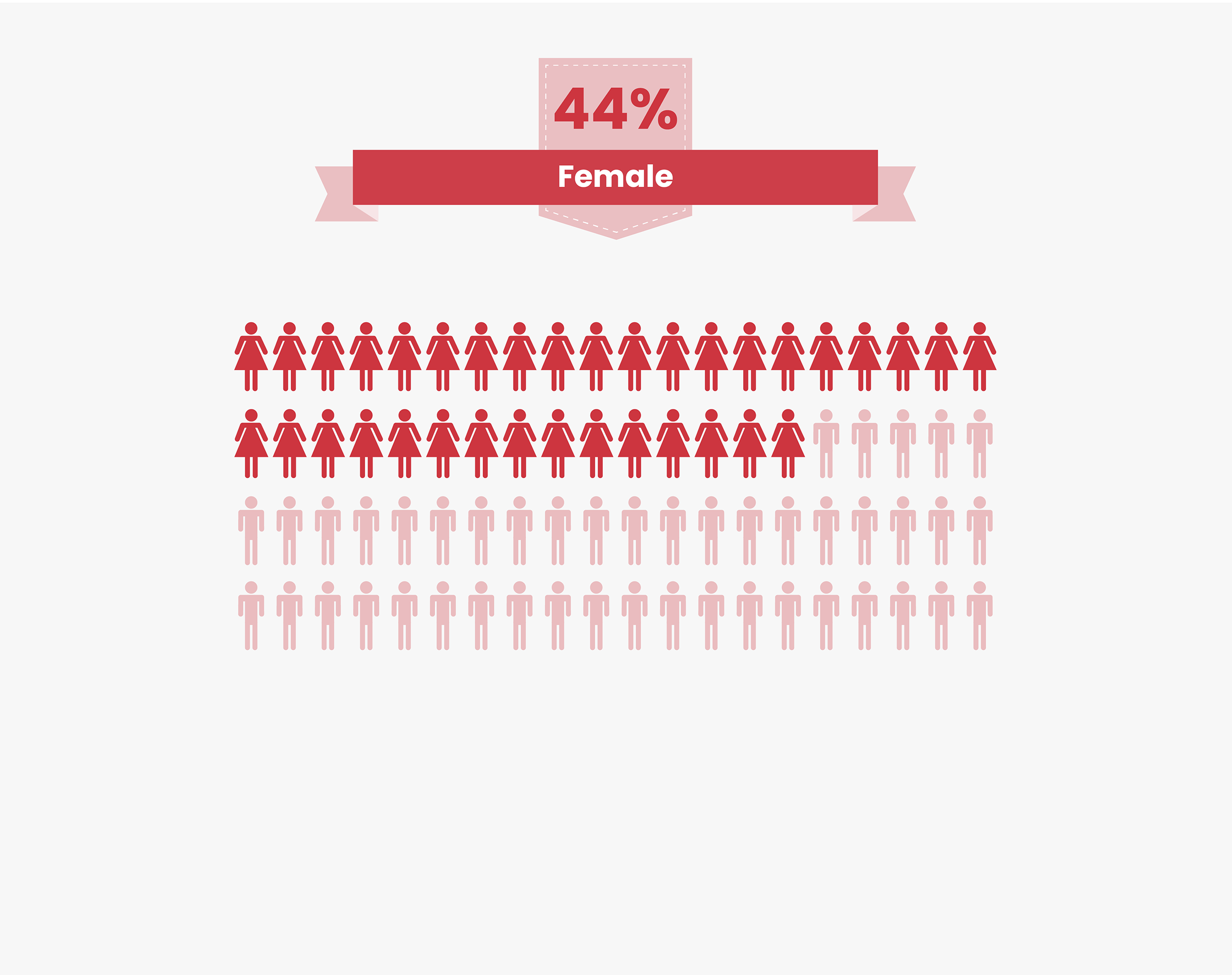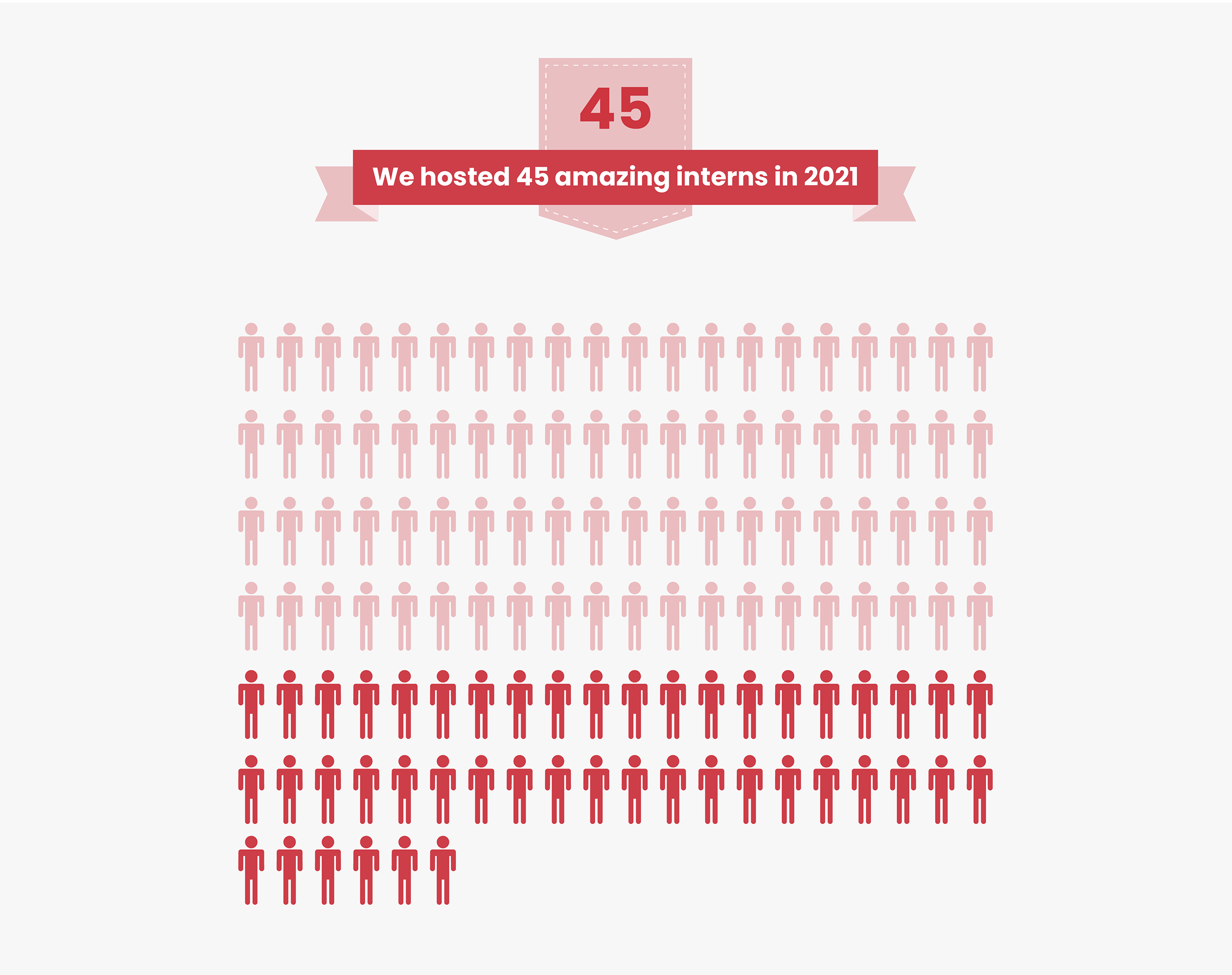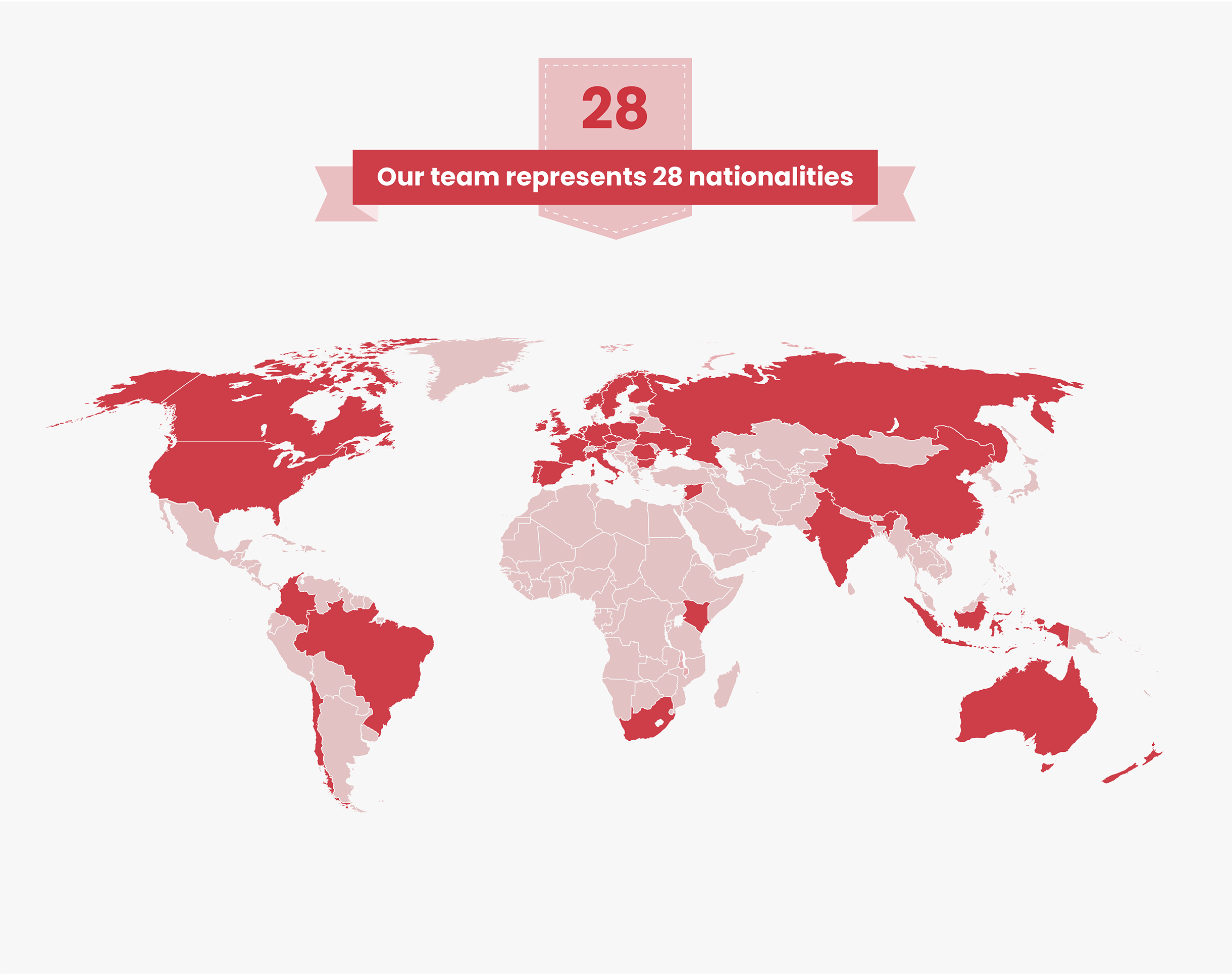
Message from our CEO
"Another year, another global crisis. Pandemics, wildfires, social unrest, wars — disasters seem to be pummeling us with greater speed, breadth, and intensity than ever before. In the face of all of this, it is easy to fall into despair. At the very least, it’s easy to lose faith that the actions of individuals or small organizations can actually make a difference in the face of such enormous pendulum swings.
But, the complex challenges we are facing globally can also trigger a more optimistic perspective. Both the COVID pandemic and the war in Ukraine have shown us how rapidly large-scale societal shifts can take place, even in contexts where power and existing behavioral patterns seemed calcified. The importance of elections and policy are on display; the impact of people’s movements has been strongly reconfirmed. We are repeatedly inspired to see and understand that even small actions can have outsized and long-lasting effects.
We also see this in our work. The projects and programs we run, increasingly as part of a broader ecosystem of like-minded organizations, start out as seeds. With enough nurturing and care, they grow into forests that transform the socio-economic landscape. Systems change is possible. We are continuously learning about what conditions need to be in place for it to take root.
As Metabolic gets ready to celebrate its 10th anniversary, we once again look back on the achievements of the past year. We are excited and energized to continue this work with our clients and partners, our strongest allies in charting the path toward an economy within planetary boundaries. We hope you can also take some inspiration from this work."
— Eva Gladek, Founder and CEO
